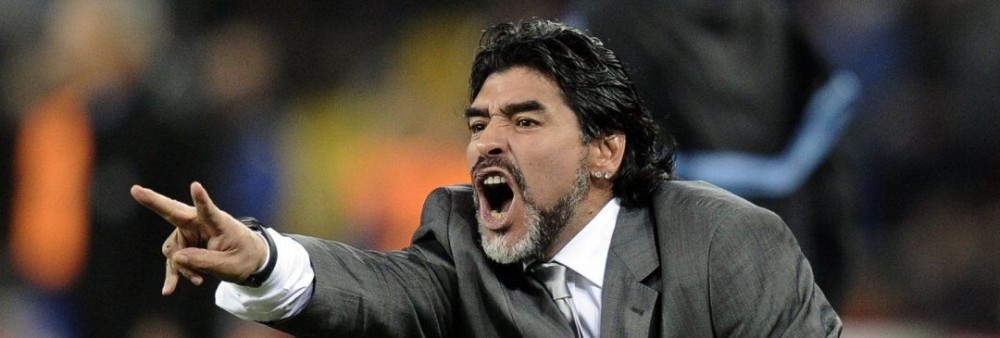TFN debutant and Blackburn Rovers fan Felix Reed assesses the career of Phil Jones…
Phil Jones has recently found himself on the wrong end of some negative publicity because he’s taken a few corners and pulls a face that launched a thousand Sportbible-worthy memes. However, given that Jones turns 23 next month and that his current contract has less than 18 months to run, it might be time to have a more serious appraisal of where his career is heading. He still has some way to go if he is to fulfil Sir Alex Ferguson’s prediction that he could be the greatest player in Manchester United’s history.
Even as a fan watching Jones make his Blackburn debut as a fresh faced 18-year-old, his talent was apparent. Coming up against the 2010 version of Didier Drogba and Chelsea, his positional awareness, speed and tenacity were remarkable. One tackle he made on Frank Lampard will live long in the memory. When locally-born, 18-year-old academy graduates are making their league debut and absolutely smashing through established England internationals it does tend to stick in the memory. Continue reading

